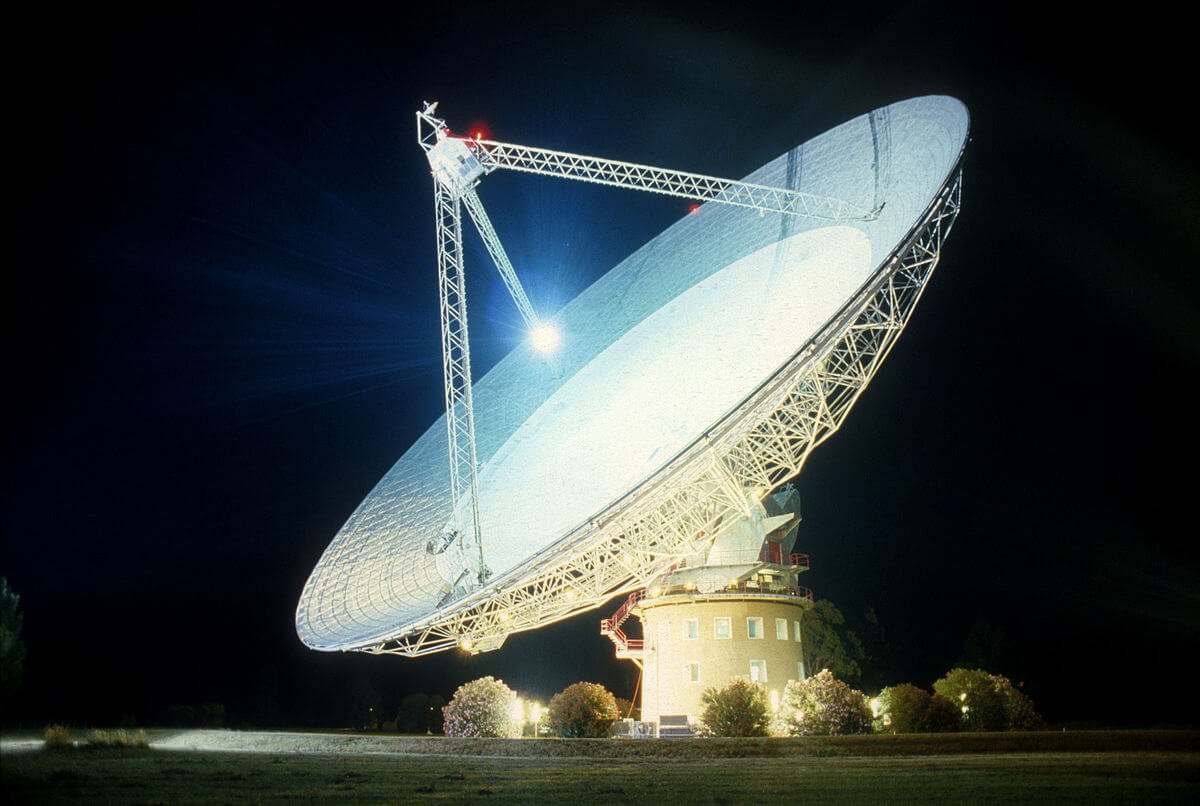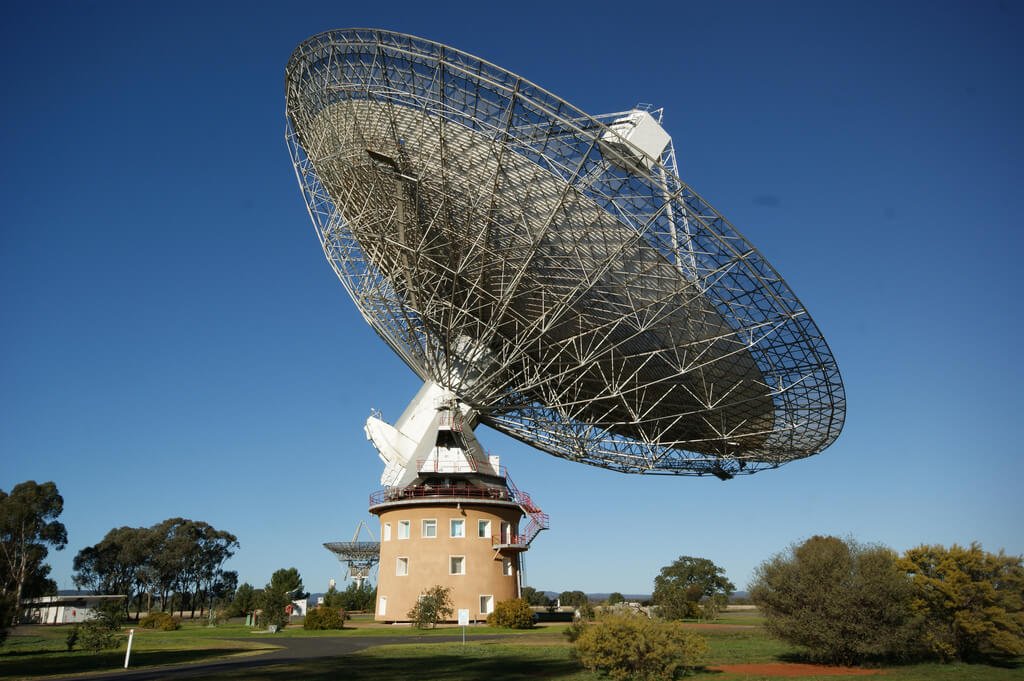Business
Stephen Hawking’s ‘Breakthrough Listen’ project receives telescope upgrade
With the help of the newly installed hardware, Hawking’s “Breakthrough Listen” project can now filter white noise gathered by the Parkes Radio Telescope.

Prior to his death about two months ago, legendary physicist Stephen Hawking, with the help of Facebook founder Mark Zuckerberg and Russian investor Yuri Milner, started a $100 million project to scour the Milky Way and other galaxies for signs of aliens.
Dubbed as “Breakthrough Listen,” the project utilizes the Parkes Radio Telescope in Australia to scan and collect massive amounts of data from deep space. This feature could help scientists identify intelligent extraterrestrial life.
On Monday, proponents of the project announced that the said telescope got a major boost in terms of its listening capabilities by installing a multi-beam receiver, which allows the equipment to expand its survey of the galaxy, per USA Today.
According to Breakthrough Listen research fellow Danny Price, the upgraded telescope, with its new 13-beam receiver, can scan large parts of outer space at any given time. This, in turn, gives scientists a broader baseline and real-time data to analyze, including possible signals coming from artificial origins.
Price said that they hope to finally prove that Earth, among the hundreds of billions of stars in the galaxy, is not the only planet with life. “With these new capabilities, we are scanning the galaxy in unprecedented detail,” he said in a statement.

Hawking’s last project is “Breakthrough Listen,” which aims to look for alien life from space via Parkes Radio Telescope (pictured). (Photo by Ian Sutton via Flickr. CC BY 2.0)
Price said that the new advanced hardware installed in the Parkes Radio Telescope will now allow scientists worldwide to process and analyze over 130 gigabits of data per second. Aside from scanning signals from deep space, it can help scientists filter white noise from every corner of the galaxies to find relevant signals from alien life forms.
Throughout the project’s operations, it managed to pick up “fast radio bursts” and some significant events from star systems and even monitor interstellar objects entering the solar system, CNET reported. However, the amount of data were still limited to small samples of stars and formations within a relatively “short” distance from our planet.
With the Parkes telescope, the project has signed up for a 1,500-hour period of deep space observation for this year. During such time, the telescope could collect information with the volume of about 100 petabytes.
Breakthrough Listen proponents said the data that will be gathered from the expanded scanning will be archived and that scientists all over the world can access the data through an open-source platform.
While looking for traces of alien life is an exciting prospect, Hawking warned in a short film released in 2016 that mankind should be “wary of answering back,” saying that meeting a more advanced civilization from deep space could be likened to the history of America.
“Meeting an advanced civilization could be like Native Americans encountering Columbus — that didn’t turn out so well,” Hawking said.
(Featured image by Robert Kerton via Wikimedia Commons. CC BY 3.0)



























You must be logged in to post a comment Login